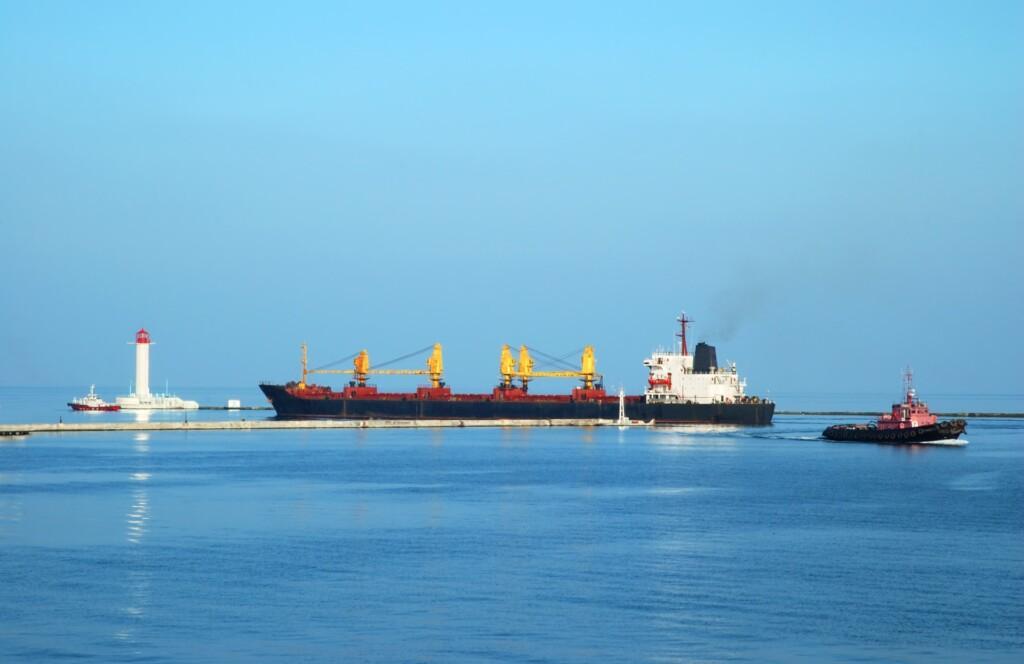From July 2025 according to amendments of the Act on Environmental Protection in Maritime Transport (669/2021) and related legislation, the discharge of certain types of wastewater from ships will be progressively banned within Finnish territorial waters. These legislative changes reflect Finland’s ambitions to better protect the Baltic Sea by reducing harmful discharges from ships. The new regulation implements international and EU-level obligations, as well as the objectives set out in the government programme, into national law.
Shift toward cleaner shipping
Maritime transport is under growing pressure to reduce its environmental footprint. In response, Finland is introducing the new discharge bans gradually:
From 1 July 2025
- open-loop scrubber wash water
- treated sewage water
From 1 January 2029
- closed-loop scrubber wash water
From 1 January 2030
- grey water discharges will be banned from ships of 400 GT or more, as well as from certain smaller vessels that are over 24 meters in length and authorized to carry 15 or more passengers (i.e water from showers, galleys, and washing machines)
The goal is clear: to reduce harmful and nutrient-rich discharges that contribute to marine pollution and eutrophication. While environmental objectives are central, the changes also reflect broader regulatory developments—ranging from IMO standards to the EU’s climate goals. Notably, Finland is not alone in this effort. Sweden and Denmark are also preparing to implement similar discharge bans, aiming for regulatory consistency across the Baltic Sea region.
To ensure compliance, vessels must demonstrate—through engine logbook entries, for example—that discharge valves have been closed upon entering Finnish waters. For domestic voyages, the valves must remain closed throughout the journey. If grey water is discharged in a Finnish port, the time, location, and volume must be recorded accordingly.
In addition, to enhance transparency and administrative clarity, the Finnish Transport and Communications Agency (Traficom) has also been granted the legal authority to publish the contact details of designated inspectors, surveyors, and measurers on its website. While this information has previously been available with consent, the amendment formalizes the practice in light of evolving data protection standards.
Integrating international and EU obligations
Finland’s legislative changes go beyond wastewater regulation. They also incorporate new international and EU-level maritime rules into national law.
Implementation of IMO regulations
- The Hong Kong Convention on ship recycling will enter into force globally on 26 June 2025 and Finland will ratify and implement it on the same day, although in practice its effects are minimal here due to the existing EU Ship Recycling Regulation.
- Amendments to MARPOL Annex VI — covering ship carbon intensity (CII) and energy efficiency (EEXI)—will also be enacted nationally through this legislative package.
In addition, the obligation to maintain a garbage record book will be extended to smaller vessels (from 100 GT or those carrying at least 15 passengers). For domestic traffic, a simplified version of the logbook will be made available by Traficom.
EU-Level Alignment
The amendments also complement two major EU initiatives:
- FuelEU Maritime Regulation, which aims to reduce greenhouse gas emissions by promoting the use of renewable and low-carbon fuels. Finland has used the regulation’s island exemption for the Åland routes passenger traffic until the end of 2029.
- Alternative Fuels Infrastructure Regulation (AFIR), which requires major ports in the TEN-T network to provide onshore power to container and passenger ships over 5000 GT by 2030. These vessels will also be obliged to use shore power where it is available.
These changes will require careful planning by shipping operators, particularly those whose vessels frequently operate in Finnish waters or call atFinnish ports. Compliance is not merely a technical issue—it also touches on strategic decisions regarding vessel design, routing, port infrastructure, and investment planning. The transformation of maritime regulation continues to accelerate, and staying ahead requires both legal insight and sector-specific experience.
For more information and guidance please contact HPP’s experts from the firm’s Shipping and Logistics practice and experts from the Environment and Natural Resources practice.



